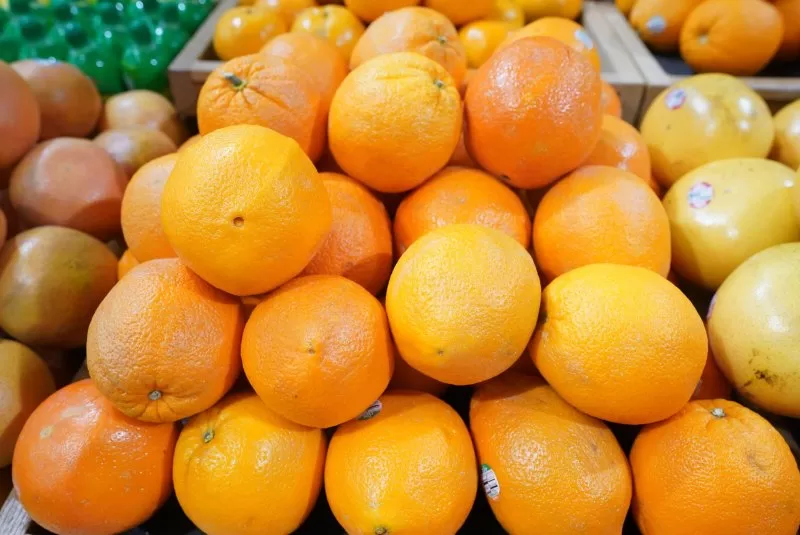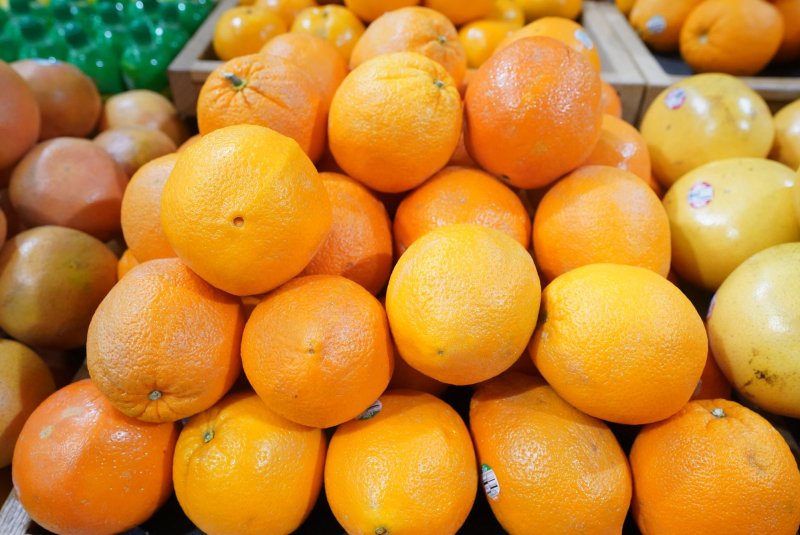1 of 2 | U.S. Customs and Border Protection is warning travelers coming from Mexico about bring certain agricultural items back with them, with Halloween and two other major holidays on the horizon.
File Photo by Bill Greenblatt/UPI | License Photo
Oct. 25 (UPI) — U.S. Customs and Border Protection is warning travelers coming from Mexico about bringing certain agricultural items back with them, with Halloween and two other major holidays on the horizon.
The agency issued the advisory ahead of Halloween, which is immediately followed by All Saints’ Day and Day of the Dead on Nov. 2.
Some agricultural items commonly used as decorations during the holidays, collectively known as Allhallowtide season, cannot be taken across the border. They may also carry harmful pests and diseases.
During this time, people in Mexico commonly use an ornamental vegetation known as murraya or orange jasmine.
The plant is for the Asian citrus psyllid insect, which can transmit citrus greening disease and is banned from the United States.
First detected in the United States in Florida in 2005, citrus greening is disease caused by a bacteria that can infect most varieties of citrus and some ornamental plants, according to the CBP, which also issued a statement in Spanish.
Oranges, grapefruit, tangerines, sour oranges, and sweet limes are all prohibited for entry into the United States, as are guavas, mangos, peaches and pomegranates.
Fines range from $500 up to $250,000.
“As Day of the Dead approaches, CBP agriculture specialists at South Texas ports of entry tend to see an increase in travelers bringing agricultural items from Mexico to decorate altars in honor of their deceased loved ones and want to remind travelers not to bring prohibited citrus and floral arrangement fillers,” CBP Director of Customs Operations for the Laredo Field Office Donald Kusser said in the agency’s statement.
“Our CBP agriculture specialists conduct agricultural examinations every day, and their work is critical to preventing plant pests and diseases not known to exist in the U.S. from becoming established and inflicting ecological and economic damage on American agriculture.”

